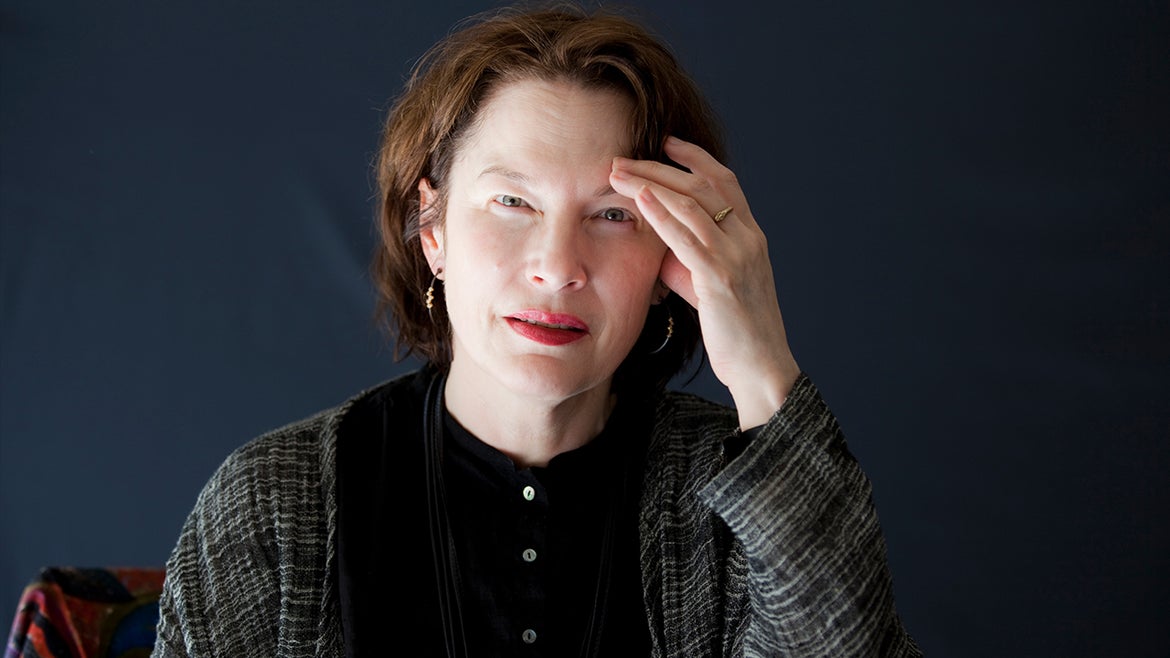“I just hope and pray that maybe Ms. Sebold will come forward and say, ‘Hey, I made a grave mistake,’ and give me an apology,” Broadwater said, according to the New York Times. “I sympathize with her, but she was wrong.”
A man who completed a 16-year sentence is exonerated after he was misidentified as the rapist detailed in author Alice Sebold’s memoir, “Lucky.” Anthony J. Broadwater, 61, has always maintained his innocence, and as of Monday, Broadwater can now shake off the stigma stemming from a 1981 rape in Syracuse, New York.
“I’ve been crying tears of joy and relief the last couple of days,” Broadwater told the Associated Press. “I’m so elated, the cold can’t even keep me cold.”
Broadwater was all of 20 years old at the time of his arrest, and just returned home to Syracuse following a brief stint in the Marine Corps, according to the New York Times. He was released in 1998, but the conviction and subsequent sex offender status followed him for the rest of his life.
“On my two hands, I can count the people that allowed me to grace their homes and dinners, and I don’t get past 10,” he told the New York Times. “That’s very traumatic to me.”
The rape he was convicted of occurred in May 1981, and Sebold, most famous for her fiction novel, “The Lovely Bones,” wrote in her memoir she had been a freshman in college when it occurred.
She wrote that she told campus security about the attack right away, and went to the police. Authorities then took samples for a rape kit and asked Sebold to describe her attacker for a sketch artist. Sebold recalled the sketch didn’t resemble Broadwater.
Months later, Sebold said she thought she saw her attacker on the street, and reported the incident to the police. “He was smiling as he approached. He recognized me. It was a stroll in the park to him; he had met an acquaintance on the street,” she wrote. “‘Hey, girl,’ he said. ‘Don’t I know you from somewhere?’”
In the book, she acknowledged that the scenario seemed like, “a panicked white girl saw a black man on the street. He spoke familiarly to her and in her mind she connected this to her rape.”
Nonetheless, Broadwater, who was given the pseudonym Gregory Madison in her book, was ultimately convicted based on her identification of him on the witness stand and microscopic hair analysis, a method the Department of Justice has since deemed unreliable, the Associated Press reported.
“I just hope and pray that maybe Ms. Sebold will come forward and say, ‘Hey, I made a grave mistake,’ and give me an apology,” Broadwater said, according to the New York Times. “I sympathize with her, but she was wrong.”
Sebold’s memoir “Lucky” was in the process of being filmed and turned into a biopic when producer Tim Mucciante noticed issues in the case after reading the first draft of the script.
Mucciante ultimately dropped out of the film, but hired a private investigator and attorneys to look into Broadwater’s case.






